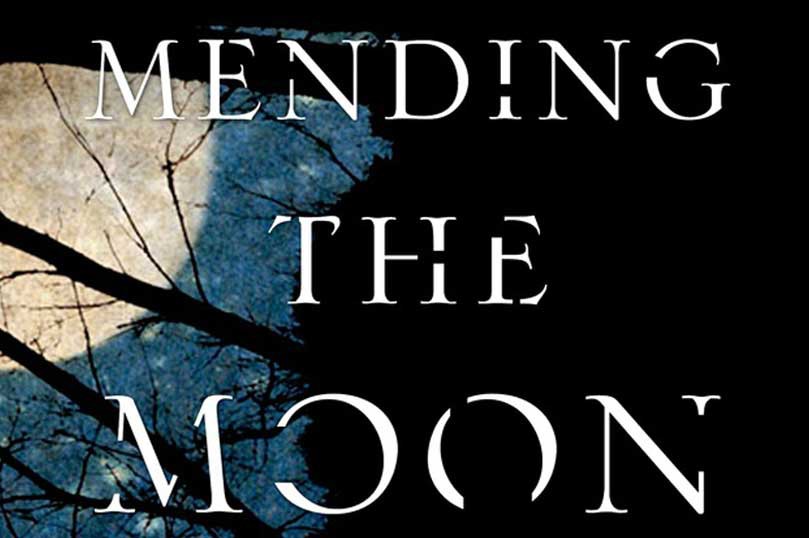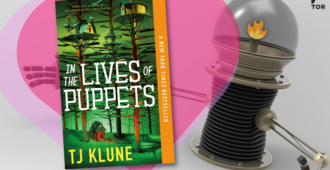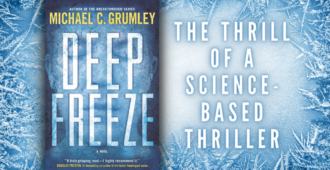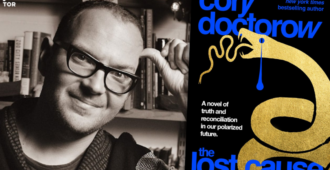Changing the World
Written by Susan Palwick
I tell this story a lot; if you know me, you’ve probably heard it. But a lot of you don’t know me, and even if you do, the tale bears repeating.
In 1973 I was twelve, a gangly kid who got beaten up in school every day and loved Star Trek. My best friend, only slightly less of an outcast than I was, loved Star Trek too. We saw an ad for a Star Trek convention, and decided to go.
If you’ve seen GalaxyQuest, you know what that convention looked like.
One of the speakers was Nichelle Nichols, who played Lt. Uhura. This lovely woman looked out at an audience of several hundred nerdgeekfen, and smiled, and said, “People make fun of you because you love Star Trek. They think Star Trek is only about bad acting and cheesy special effects. But you’re the people who know that Star Trek is about more than bad acting and cheesy special effects. You’re the people who know that Star Trek is about love and truth and peace and justice. And that’s why it’s your job to change the world.”
I cried. My best friend cried. I’m pretty sure most of my fellow nerdgeekfen cried. That speech made me want to be a writer; it made my friend want to be a scientist.
Did we change the world? If we did, would we know? I have no idea. I don’t feel like I’ve changed the world, but I do know that the stories I’ve loved in my life—Star Trek and The Lord of the Rings and The Last Unicorn and The Last Coin—have helped me get through very hard times: not just being beaten up by bullies in junior high, but illness and bereavement and despair. They’ve done this not by helping me escape the real world, but by reminding me that it’s beautiful, worth fixing even or especially when it’s broken. They remind me that abstract nouns like love and truth and peace and justice can, with work, become real and tangible, and that people who know this have a responsibility to do something about it.
This is a point that critics who dismiss science fiction and fantasy have a hard time understanding. How can science fiction and fantasy speak to the real world when they aren’t real themselves?
Four years ago, Tor asked me to write a mainstream novel. I wrote Mending the Moon, about a group of people trying to understand the world after a senseless murder. Several of the characters follow a fictional comic book called Comrade Cosmos. Cosmos, a more-or-less ordinary guy, helps communities rebuild after their worlds have been ripped apart. His nemesis, the Emperor of Entropy, counsels fatalism. Nothing you can do, buddy. Everybody’s going to die. Everything’s going to decay. Stop fighting it. Relax and have a donut.
Comrade Cosmos, on the other hand, advocates action. For this instant, right now, you can make things better. You can restore order. You can change the world, even if you can’t fix everything in it that’s broken, even if what you fix won’t last forever. Here’s a hammer; here’s a can of paint.
Kirkus Reviews liked the realistic sections of the novel, but was completely bewildered by Comrade Cosmos. Their verdict was that the book will only appeal to people who go to Comic-Con.
Oh, Kirkus. You say that like it’s a bad thing.
…………………………
From the Tor/Forge May newsletter. Sign up to receive our newsletter via email.
…………………………
More from the May Tor/Forge newsletter:
- Four Songs for Stealing Planets by Dan Krokos
- Genre Identity Crisis by Paul Cornell
- Ultimate Urban Fantasy Sweepstakes







